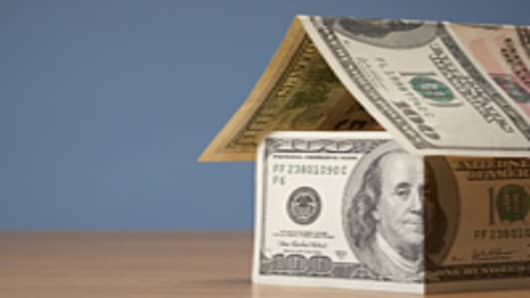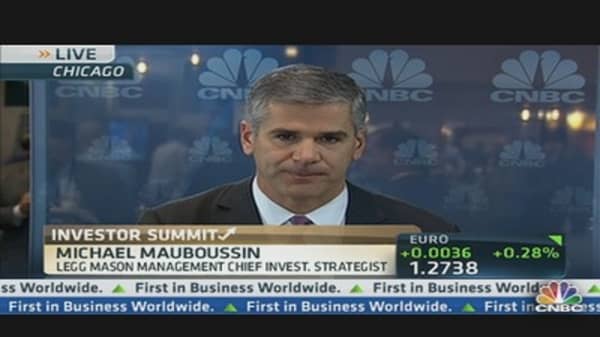CHICAGO — At a time when most investment professionals are preoccupied with the fiscal peril in Washington, Liz Ann Sonders envisions an economic recovery that will be built, literally, with four walls.
Just as it helped trigger the Great Recession, housing also is serving as the lynchpin to growth ahead, said Sonders, chief investment strategist at Charles Schwab.
"People are still underestimating the impact that this is going to have," she said at the Schwab Impact 2012 conference, where thousands of investment professionals are gathering to chart an uncertain future in financial markets. "What people are underestimating is the ripple effect of confidence."
While its growth has been far from parabolic, housing has survived what Sonders described as "the third consecutive growth scare" this summer that centered not only on the European debt crisis but also on the slew of fiscal issues facing the U.S. (Read More: Housing Still Precarious in Obama's Second Term )
The country is wallowing through another year of budget deficits in excess of $1 trillion and national debt that has exceeded the $16 trillion mark.
What's more, if Congress and President Barack Obama fail to reach deficit-reduction targets, the nation faces going over what Federal Reserve Chairman Ben Bernanke has labeled the "fiscal cliff."
That entails a round of tax hikes and spending cuts that automatically goes into effect in 2013 and, if not averted, likely would send the U.S. back into recession .
Sonders said it's vital to avoid the cliff, particularly at a time when housing is improving and as the U.S. can't rely on developing economies for its growth. (Read More: 'Fiscal Cliff' Mess Is a 'Grand Canyon': Bill Gross )
"We are the cleanest shirt in a pile of dirty laundry," she said in describing the state of the U.S. economy. "It's not stellar growth, but certainly the trajectory has improved relative to the rest of the world."
Sonders points to a slew of indicators — builder confidence , home prices and household formation among them — to show that the real estate market is showing steady progress, albeit gradual.
The Census Bureau recently reported that 1.12 million new households were formed over the past year, a turnaround from the post-recession years though not yet fast enough to make up for the households lost during the downturn.
Household formation fell during the recession as many young adults moved back in with their parents, a trend that has begun to turn.
As for builder confidence, a popular index measuring sentiment is still at levels indicating a weak market, but on the other hand is at its highest level in more than six years.
"Just about every metric in housing is starting to turn here," she said. "We're finally having a surge in household formation. We have the right kind of supply and demand balance."
Still, Sonders knows the economy faces a number of other challenges — the fiscal cliff and all the rest.
"I still see some concerns in the long term," she said. "We have a lot of traction we have to get in the near term."





